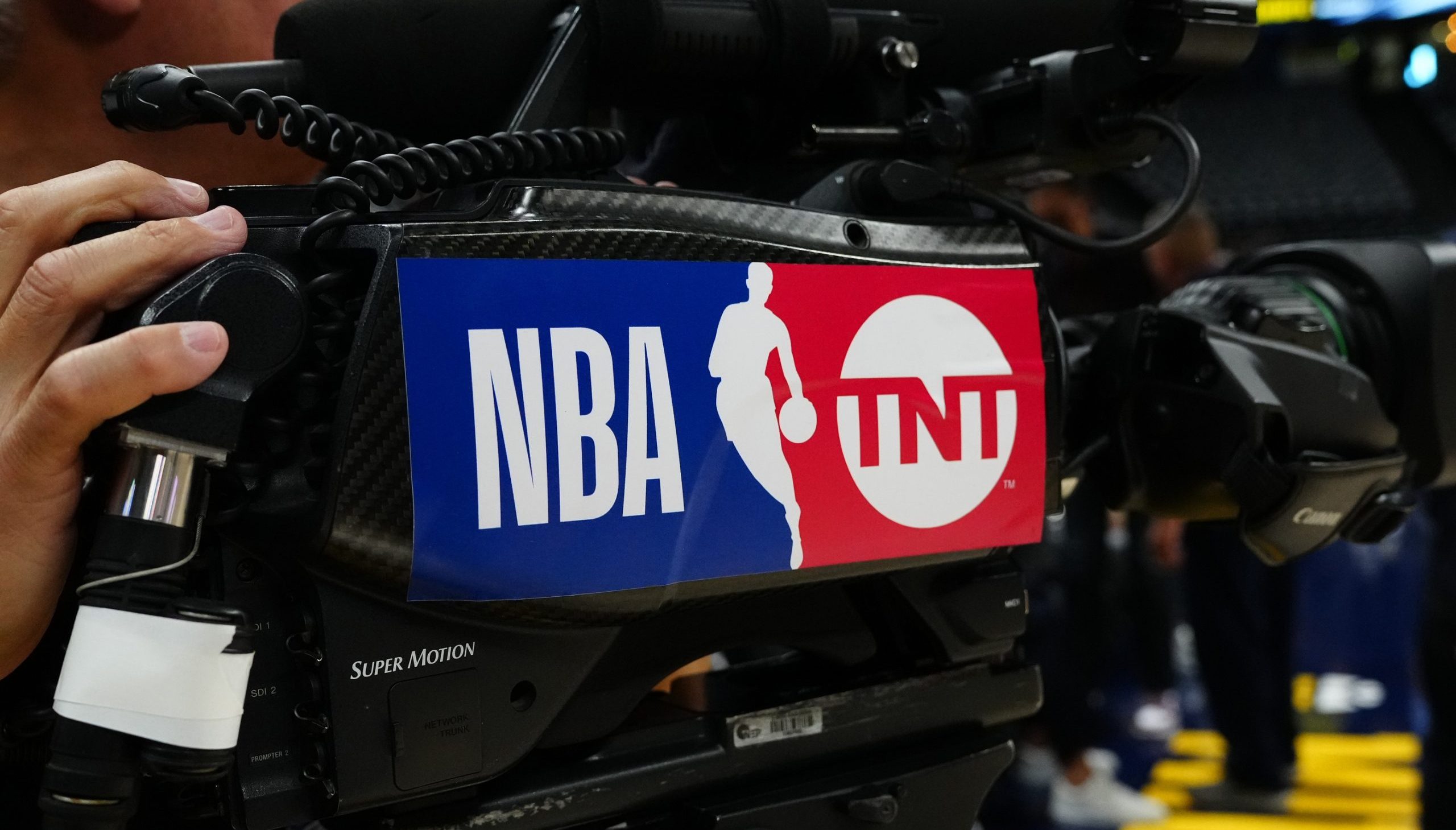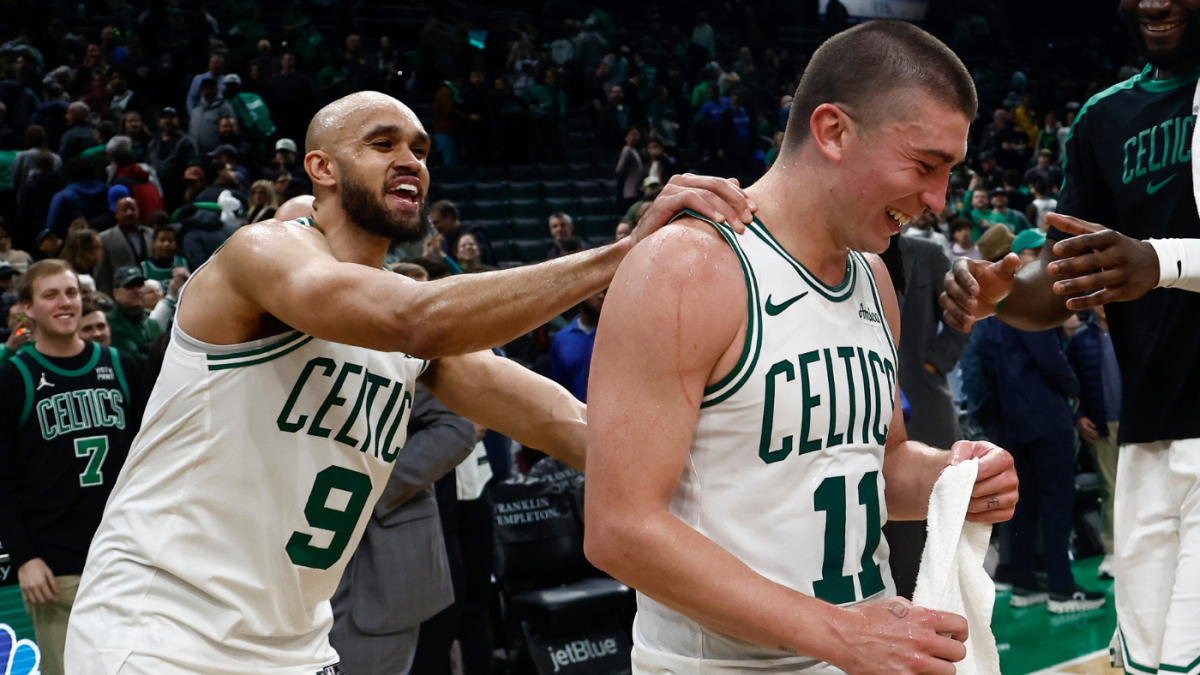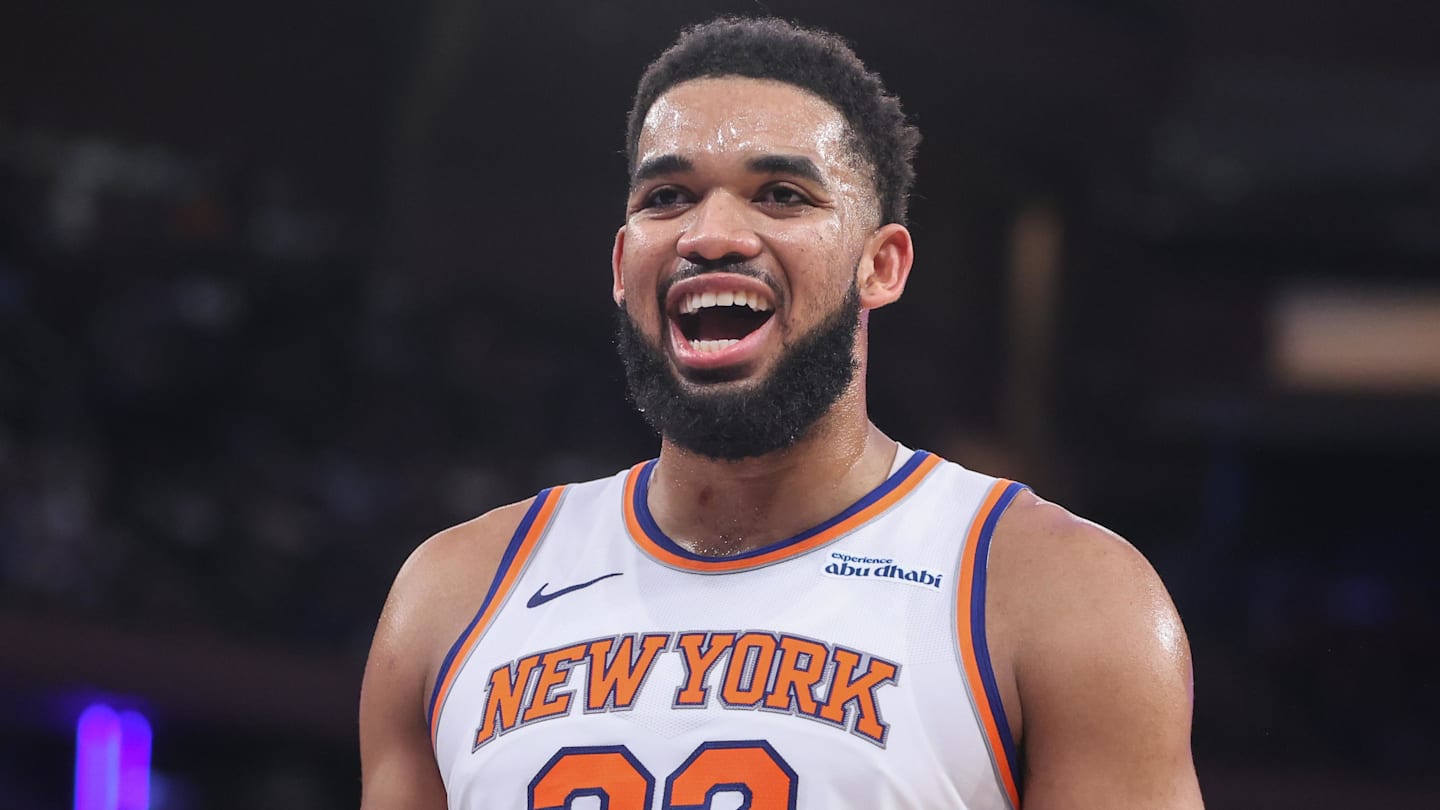NBA: Warner Bros. Discovery tried to alter Amazon’s ‘poison pill’ in rights deal

As the NBA’s media rights deal came into focus earlier this summer, it became increasingly clear that Warner Bros. Discovery would be left on the outside looking in.
And one of the biggest red flags came in the form of the “poison pill” that Amazon put in its own agreement with the league.
Bill Simmons was the first to report on the clause, in which Amazon would put its first three years worth of payments to the league into escrow. With WBD having already signaled that it would attempt to exercise its matching clause on Amazon’s $1.8 billion portion of the deal and not NBC’s due to the $2.5 billion price tag, many figured that such a clause would effectively take TNT’s parent company out of the running.
Nevertheless, WBD did attempt to match Amazon’s portion of the package after reportedly securing a credit line to help account for the poison pill. But as it turns out, there was seemingly more to the story.
With WBD suing the NBA for declining its match attempt, the league has now responded, as expected with a motion to dismiss. And as pointed out by The Athletic’s Mike Vorkunov, the NBA claims that not only was WBD (listed as “TBS”) unable to properly match the value offered by Amazon in its deal, but that the company attempted to dramatically alter the “poison pill” clause.
“Amazon agreed to maintain three years of rights fees in an escrow account for the NBA’s benefit,” the response reads, confirming the clause. “When a rights payment becomes due under the agreement, [the contract] ensures that the NBA will automatically receive the full payment from the escrow account on the day it is due, and Amazon then is required to replenish the account within five business days of each payment withdrawal.
“In its purported match, TBS turned this entire structure on its head, eliminating the requirement to deposit rights fees into an escrow account and giving itself, not the NBA, the choice of replacing the escrow requirement with letters of credit… Further, instead of allowing the NBA to receive payment automatically from the escrow account as rights fees become due, TBS’s revisions would only allow the NBA to draw down on the letters of credit—which, under TBS’s revisions, ‘may be syndicated letters of credit,’ thus requiring the
NBA to collect from multiple banks—if rights fees ‘are not timely paid.’
Reading between the lines — and takin the NBA at its word — it appears WBD was willing to commit to the first three years of the “poison pill,” but not beyond, as Amazon had offered.
I’m not a lawyer, but WBD will presumably argue that the intent of such clause was aimed at boxing it out of matching Amazon’s offer, while the NBA will likely respond that the intent is irrelevant so longer as the e-commerce giant was offering the league more value than WBD can provide. Ultimately, this all seems to be heading to the same place — likely a settlement — with the NBA moving forward with its Disney/Comcast/Amazon rights deal and WBD finally facing the reality of a future without the NBA on its airwaves.
Related
Celtics’ Payton Pritchard, Derrick White combine for 84 points, set…
The Boston Celtics have made a habit of setting offensive records over the past several
Bucks’ Giannis Antetokounmpo becomes 52nd NBA player to score 20,000…
MILWAUKEE — With the shot clock winding down on a possession two minutes into the third quarter on Wednesday against the Dallas Mavericks, Giannis Antetokounm
Payton Pritchard, Derrick White set new NBA, Boston Celtics record
There are 3-point explosions then there’s the one Payton Pritchard and Derrick White went on Wednesday against the Trail Blazers.Both Celtics guards went off
NBA Fans React To Karl-Anthony Towns News Before Knicks-Lakers Game
On Tuesday evening, New York Knicks forward Karl-Anthony Towns was ruled out against the Golden State Warriors due to personal reasons. Therefore, his status wa











